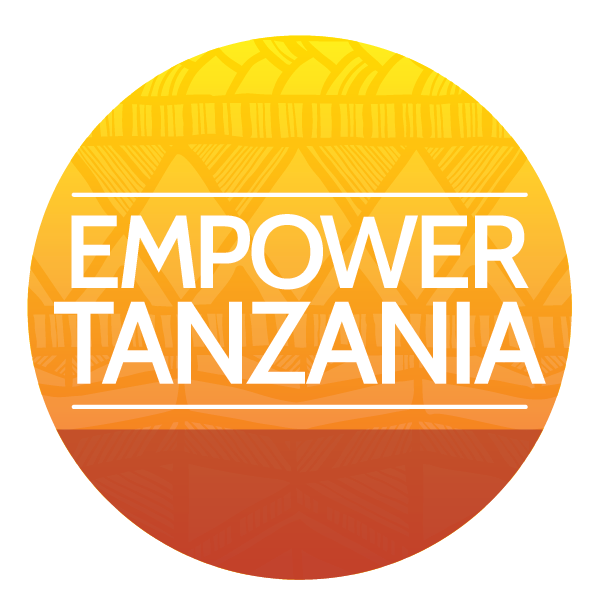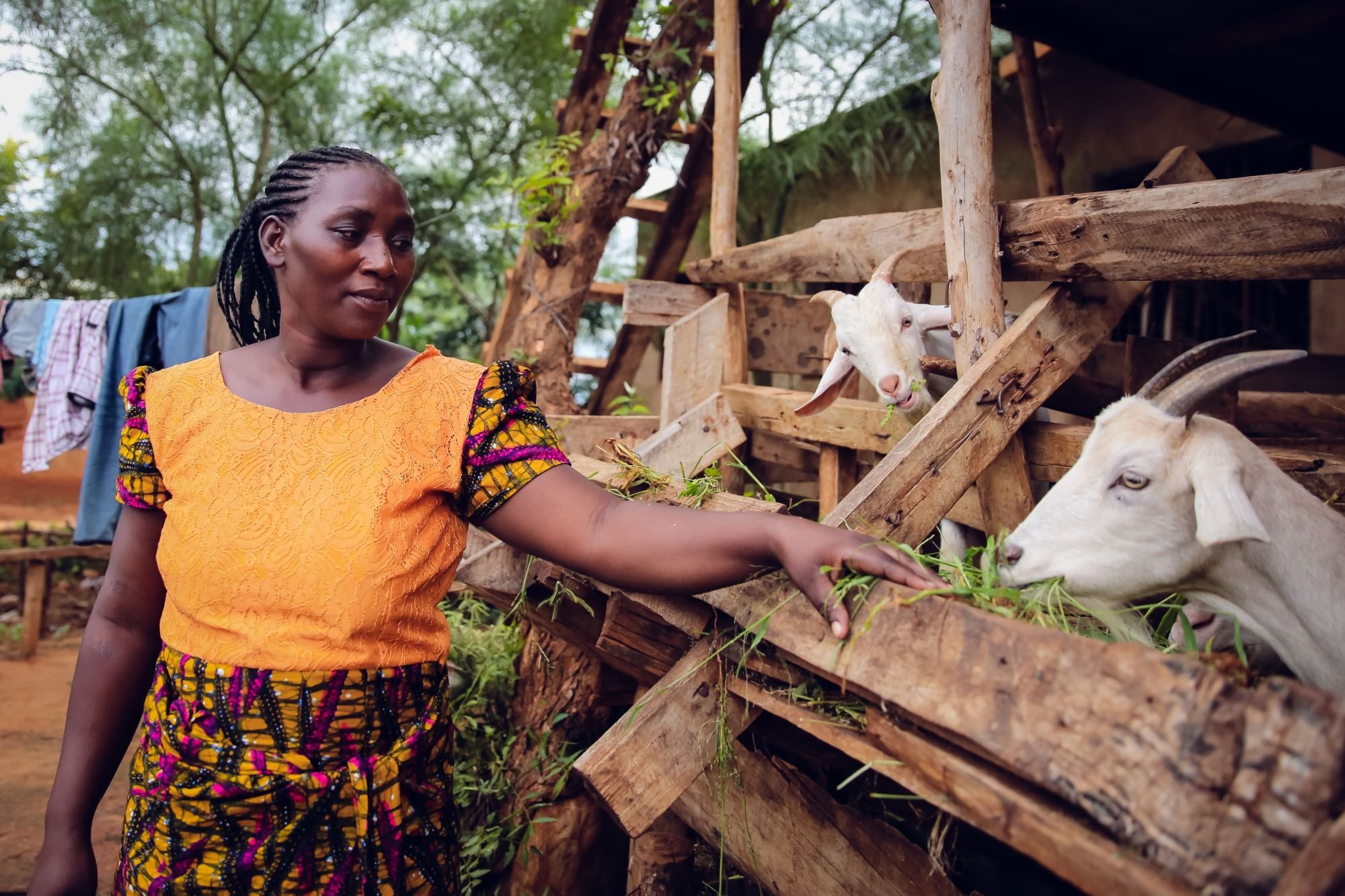ECONOMIC EMPOWERMENT
ECONOMIC EMPOWERMENT LOOKS DIFFERENT IN EVERY COMMUNITY, AND TENDS TO BE WOVEN INTO NEARLY EVERY PROJECT.
Current focus areas include farming as a family income source, livestock and horticulture, community-based alternative education programs, irrigation, infrastructure, and access to clean water.
Beyond Gender-Based Violence & Entrepreneurship
The Beyond Gender-Based Violence Program was developed to respond to the high levels of domestic violence in Tanzania. The program established 10 support groups in various communities, each serving 10 survivors of gender-based violence. The 99 survivors in the program received twice-monthly group counseling for two years and showed improvement in depression and anxiety scores on culturally appropriate psychological testing instruments. They have now embarked on economic strengthening projects that will generate income, autonomy, and dignity. These women, first called victims and survivors, now refer to themselves as entrepreneurs and business women, having established a fair trade social enterprise called Vumwe Designs verified by the Fair Trade Federation. They use the beautiful batik and tie-dye fabrics they create to make a variety of handmade products to be sold at Fair Trade outlets in the US.
Online orders from Vumwe Designs are currently closed.
Integrated Farming
In 2010, the Integrated Farming Project (IFP) began as a way to give farmers in the village of Hedaru the skills to grow more nutritious food in larger quantity on small pieces of land around their homes. The concept was simple: train 20 people in animal husbandry and gardening, give them each two pregnant dairy goats, and help them learn to support each other as they build their farms. The project requires each new farmer to pass an animal forward to help someone else begin a farm, and pass an animal backward to help support the cost of the ongoing training. Since it’s inception, the program has grown to over 100 farmer-entrepreneurs in three communities. In many cases, the farmers have added bio-gas cooking systems, new latrines for their families, remodeled their homes, installed clean water systems, introduced other kinds of animals (primarily chickens), and purchased motorcycles to use in gathering grasses to feed the animals. They started tracking profit and loss and now farm as a business, not just a way to feed their own families. A group of farmers received training as para-veterinarians and the program graduated to complete local control in 2018.
Water Projects
Empower Tanzania supports projects to rehabilitate broken wells and to dig new ones improving health, keeping kids in school and women in the workforce, and enabling increasing amounts of agriculture. Diseases from unsafe water and lack of basic sanitation kill more people every year than all forms of violence, including war. Children are especially vulnerable, as their bodies aren’t strong enough to fight diarrhea, dysentery, and other illnesses. With this foundation of information, our staff and volunteers held a weeklong training seminar to educate well mechanics throughout the Same District in best practices. With this training in hand, we have worked with local drilling companies to complete complicated well rehabilitations, implemented far-reaching distribution systems, and made use of the latest available technology, solar panels, and community engagement. In the last three years alone, tens of thousands have accessed clean water because of our efforts the communities of Hedaru, Katahe, Njiro, Pangaro, Nadaruru, and Ruvu.






